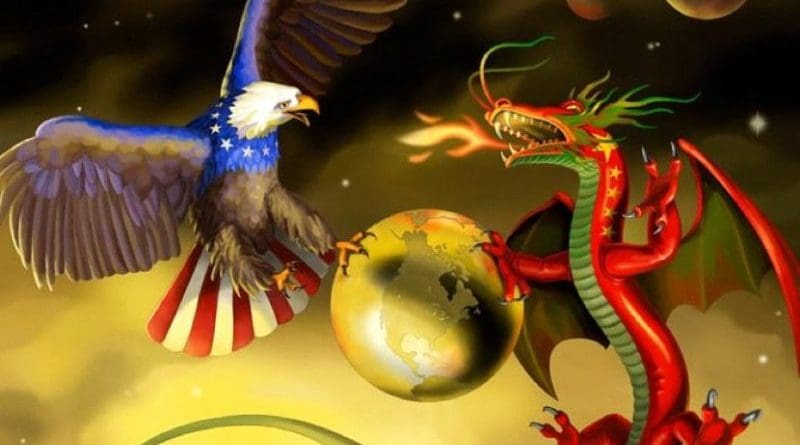War Fatigue And The Global South: Why China Is A Better Superpower Than The US – OpEd
The world is experiencing a fatigue from the ongoing conflicts in the Middle East, the war in Ukraine, and the rising tensions in East Asia. This fatigue is not limited to the “Global South”, but also affects the Western bloc, especially the United States, as its leader. In this situation, there is a need for a mediator who can persuade the parties to avoid violence, who is not hostile to any of them, and who has the support of the “Global South”. China is such a potential mediator, but it has always faced the US opposition to its role. However, the recent meeting between the US and Chinese presidents indicates that the US has recognized the “war fatigue” and the “necessity of mediation”, but it does not want to concede all the credit to China.
The fatigue from the global conflicts is evident in the case of Ukraine. The war between Ukraine and Russia, which has lasted for about two years, has lost the attention of the media and the public. The news of Gaza and the domestic issues of European countries have overshadowed it. Ukraine has become a stale story, with the tags of “unwinnable” and “forever war” that benefit Russia. The same will happen to the war in Gaza, and many of Israel’s allies will eventually question their support for a government that rejects peace and perpetuates an apartheid system.
To Global South countries, Israel is a colonialist state and the US is a superpower that backs colonialism. These countries have no legal or moral grounds to support Israel’s aggression and warmongering. They reject the notion of Ukraine and Russia being both victims, and blame the West, especially the US, for the crisis in Ukraine. They want the war to end. Their refusal to join the US-led pressure campaign against Russia, and their solidarity with the Palestinians, are evidence of their views.
The world’s distrust of the US and its allies’ warmongering and the world’s weariness of the endless wars have challenged the US’s role as a superpower that provides “global security” and the image of a benevolent hegemon that the US has tried to portray for the last two decades. Today, the global south sees the US not as a superpower that defends international rights and norms, but as a superpower that sacrifices any value or right for its own and its allies’ interests. A power that has no regard for global common good.
As the US’s global credibility is being questioned, China is emerging as the preferred superpower of the developing world. China advocates for the peaceful coexistence of civilizations and the interdependence of nations, and does not try to impose any value or behavior on others. Beijing also opposes any tension and war in the world, even regarding Taiwan, which it claims as part of its territory. It has always stressed the importance of peaceful solutions. Thus, Beijing has become the champion of pacifism and war fatigue in many parts of the world.
Before the recent meeting between Biden and Xi, the US had ignored the global demand for peace and opposed the mediation efforts of China and other regional powers. Now, these voices are louder and closer to the US and Western authorities, and their societies are infected by the “war fatigue” syndrome. The US has realized that it has to find a way to end these wars and accept China’s role as a mediator, as the world rejects the excuses for prolonging these wars. However, the US does not want to give all the credit to China, and in the meeting with Xi, Biden tried to secure a stake and improve the US’s image in the global south, where it feels it is losing ground to its Chinese competitor. In fact, the US has recognized that China has gained an edge in soft power, especially in the global south, and that China’s counterbalancing policy against the US has been effective in this part of the world.


Its not just US competing with China for Global South affections but Europe and major Asian countries such as India. As you probably know, India and China are not buddies, nor are other major Asian powers such as Japan, Philippines, South Korea, etc.
China is considered internationally to be amongst the least democratic countries in the world.[71][12][73][74] It has consistently been ranked amongst the lowest as an “authoritarian regime” by the Economist Intelligence Unit’s Democracy Index, ranking at 156th out of 167 countries in 2022.[75]
According to 2023 V-Dem Democracy indices China is the third least electoral democratic country in the world[76] and ranked second least electoral democratic country in Asia according to V-Dem Democracy indices in 2023.[77] Hong Kong was ranked 14th least electoral democracy in Asia according to V-Dem Democracy indices in 2023.[76][77] According to Civicus, China’s civic space is rated as “closed.”[78]